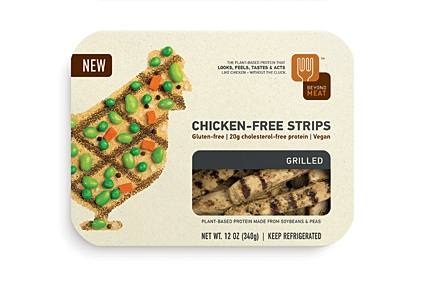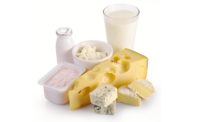Packaged Facts: Meat alternatives lead innovation in vegetarian protein products

The increase in vegetarianism and flexitarianism has made the meat alternatives market a competitive and lucrative space, according to market research publisher Packaged Facts, New York.
In the report “Proteins - Classic, Alternative and Exotic Sources: Culinary Trend Tracking Series,” 28% of respondents indicated they are seeking vegetarian sources of protein, which span a healthy range of products from beans and legumes to "fake meat."
"Meat substitutes, including all types of textured vegetable protein, tofu and ancient seeds and grains are benefiting from a rising interest in vegetarian options that taste like and stand in for meat," says David Sprinkle, research director, Packaged Facts.
In the past, the meat alternatives market has been maligned because of the too-often unsatisfactory taste and quality of "fake meat," resulting in a history of unfavorable comments and perceptions in the media, on product review sites and in vegetarian blogs.
In particular, vegetarian analogs for chicken (sometimes referred to as chik'n or chick'n), or simply "chicken analogs," have been on menus and retailer shelves for a while, but have received mixed reviews in terms of flavor, texture/composition and heartiness. However, companies such as Garden Protein International, Canada, and Beyond Meat , Los Angeles, are answering the call for a "better" chicken alternative, so the perceptions and market possibilities are changing.
For many companies, replicating chicken's taste profile has many benefits. For example, chicken is a widely used meat protein that has a reputation for being flexible that can be paired with so many dishes and seasonings. For chicken analogs, having the basic taste and texture of chicken provides a consumer use advantage in a very competitive meat-alternatives space.
With more investment behind meat alternative providers, the resources will be in place to develop and perfect the flavors of meat alternatives such as chicken analogs, according to Packaged Facts. The competition that is created to win over vegetarians and flexitarians in terms of flavor and texture will also fuel investment in better-tasting products.
Looking for a reprint of this article?
From high-res PDFs to custom plaques, order your copy today!





